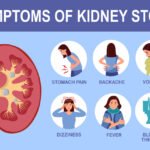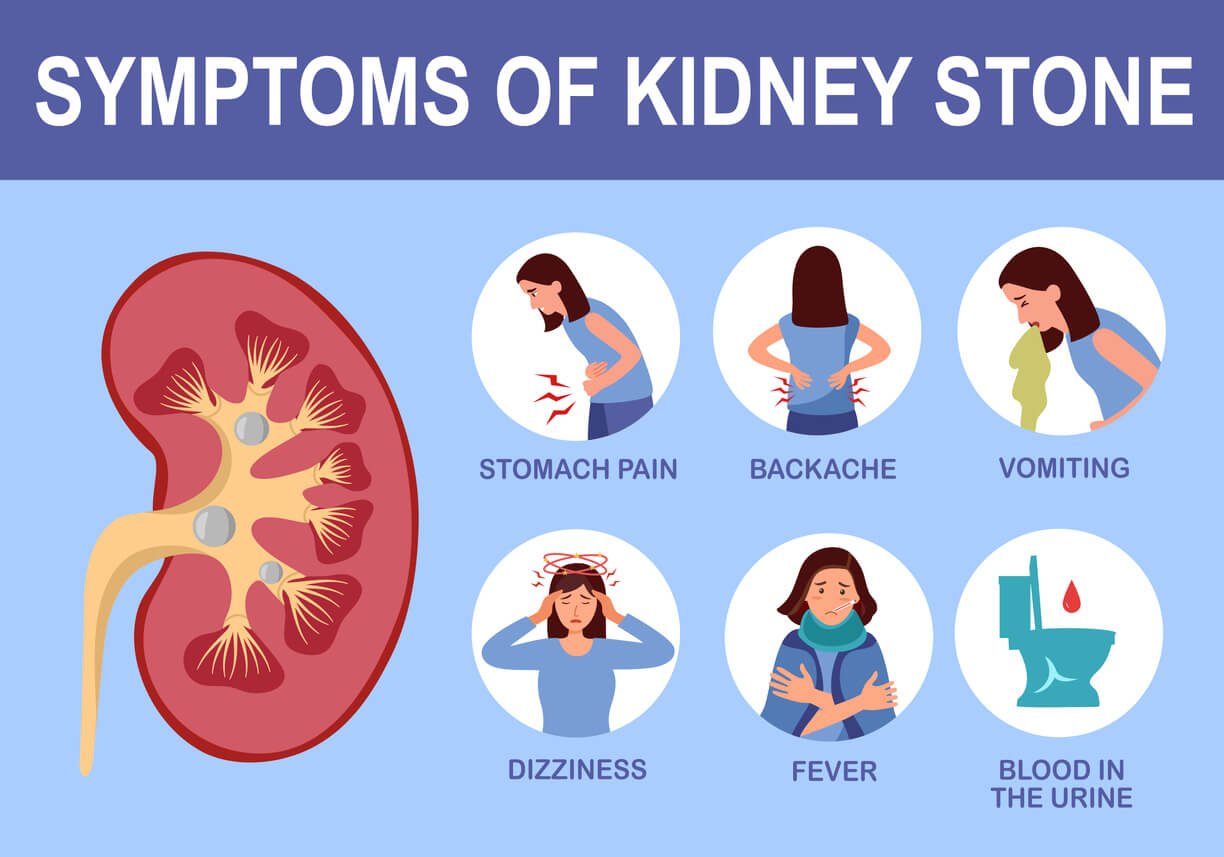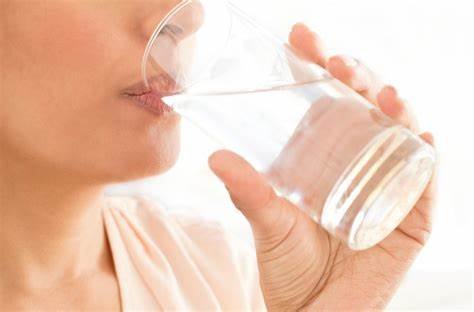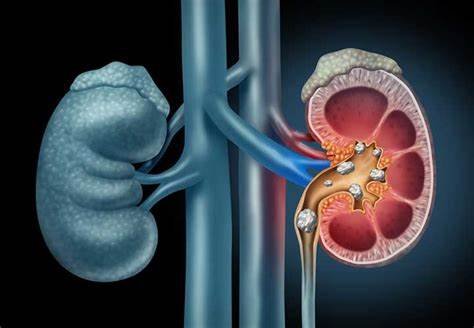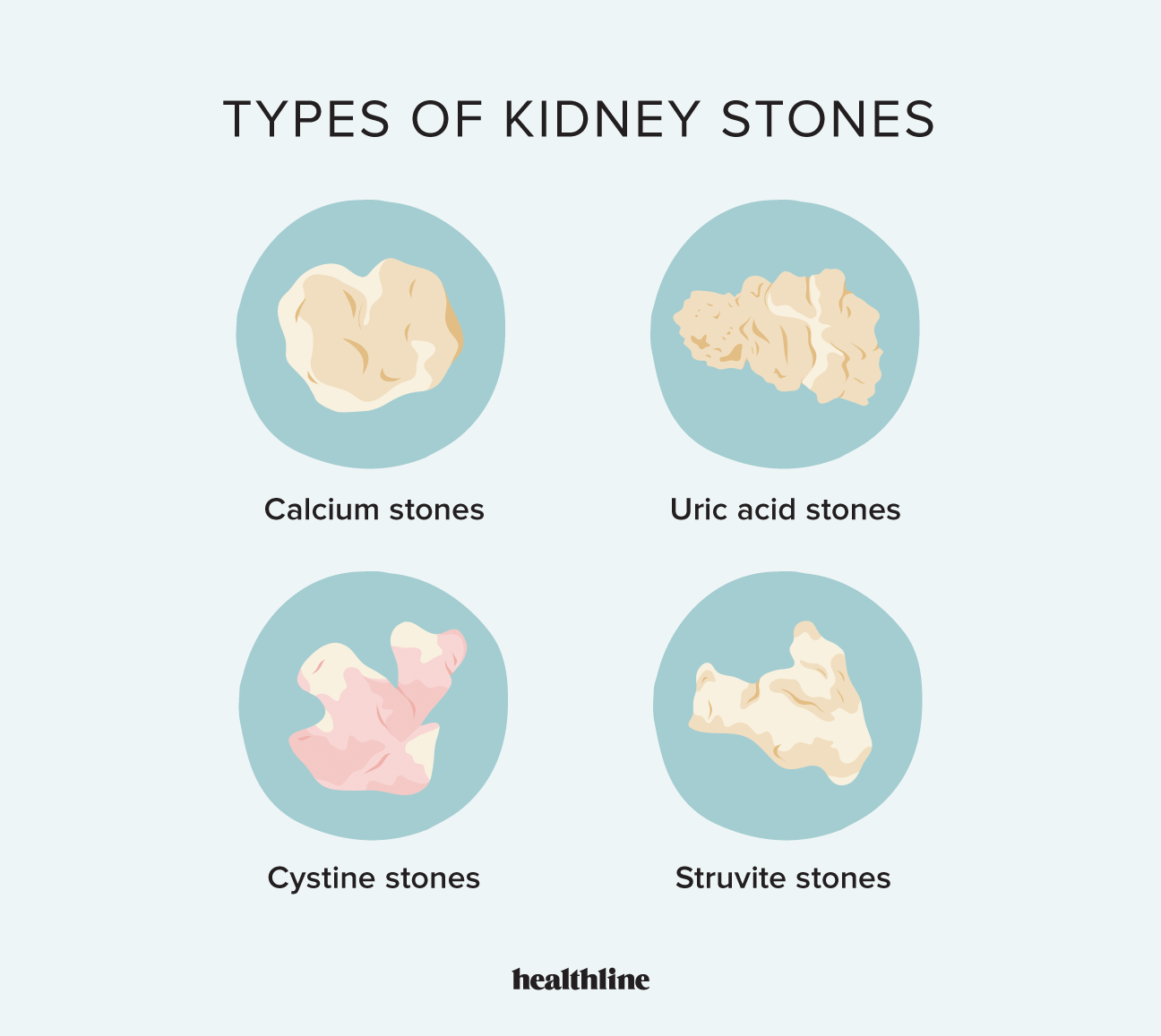When it comes to calcium and kidney stones, many people have misconceptions that can influence their diet and lifestyle. One of the most common myths is that calcium-rich foods directly contribute to kidney stone formation, particularly calcium oxalate stones, which are the most common type. However, understanding the relationship between calcium and kidney stones is essential for making informed choices that can promote kidney health. In this article, we’ll explore the myths and facts about calcium and kidney stones to help you separate truth from fiction.
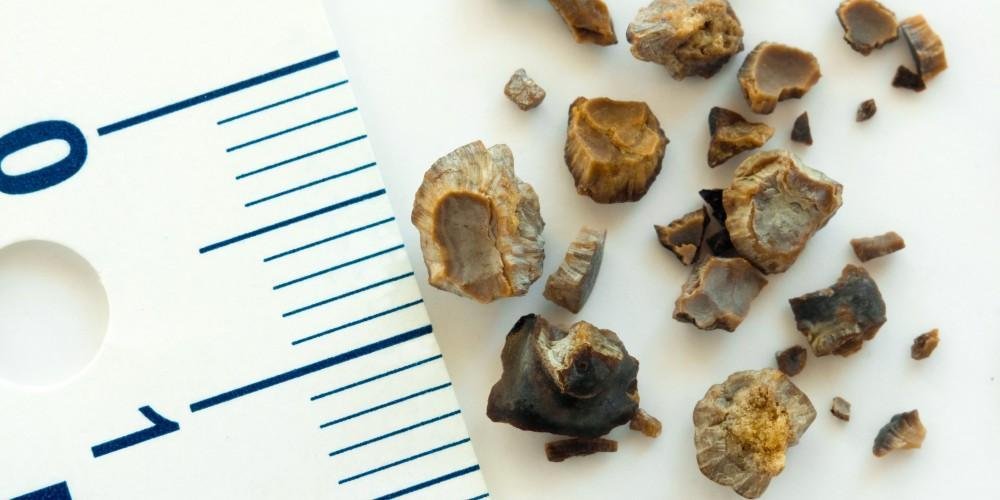
Myth 1: Calcium Causes Kidney Stones
One of the biggest misconceptions is that consuming calcium leads to kidney stones. Many people mistakenly believe that avoiding calcium-rich foods, like dairy products, will reduce their risk of stone formation. In reality, calcium is not the culprit.
Fact: Calcium is essential for bone health and many bodily functions, including muscle contraction and nerve function. When consumed through food, calcium actually helps prevent kidney stones, especially calcium oxalate stones. The key is that dietary calcium binds to oxalate in the digestive tract, reducing the amount of oxalate absorbed into the bloodstream and eventually filtered by the kidneys. This prevents excess oxalate from combining with calcium in the urine and forming crystals.
Research has shown that individuals who consume an adequate amount of calcium through food (about 1,000-1,200 mg daily) are less likely to develop kidney stones compared to those who consume little or no calcium.
Myth 2: People with Kidney Stones Should Avoid All Dairy Products
A common recommendation is for people with a history of kidney stones to avoid dairy products, especially if they’re trying to reduce calcium intake. This advice stems from the belief that dairy causes kidney stones. However, completely eliminating dairy can be harmful, as dairy products are a primary source of calcium in the diet.
Fact: Low-fat dairy products like milk, yogurt, and cheese are excellent sources of calcium. For most people, these foods can be consumed safely without increasing the risk of kidney stones. In fact, dietary calcium from dairy can help bind oxalates and prevent stone formation. However, moderation is key—it’s important not to overconsume calcium supplements, which can lead to excess calcium in the urine and increase the risk of stones. If you are prone to kidney stones, it’s important to focus on a balanced diet that includes adequate amounts of calcium from food sources rather than supplements unless prescribed by your doctor.
Myth 3: Cutting Calcium Supplements Prevents Stones
Some people may think that stopping calcium supplements will help prevent kidney stones, particularly if they’ve experienced stones in the past. The idea is that calcium supplements increase calcium excretion in the urine, which could promote stone formation.
Fact: While calcium supplements do increase urinary calcium excretion, it’s not necessarily the calcium from food or supplements that causes stones. The risk is higher when you take large doses of calcium supplements, especially without adequate hydration. If you need calcium supplements, it’s crucial to take them with meals to improve absorption and prevent them from forming stones in the urinary tract. However, getting calcium from natural food sources is safer, as your body absorbs it more gradually.
If you’ve had kidney stones, it’s a good idea to discuss your calcium needs with a healthcare provider before making any changes to your supplement regimen. For many people, the best approach is to focus on getting calcium from foods, as your body can better regulate the absorption of calcium from these sources.
Myth 4: Avoiding High-Oxalate Foods Prevents Calcium Oxalate Stones
Oxalates are compounds found in many foods, including spinach, beets, nuts, and chocolate. Some people believe that avoiding high-oxalate foods will prevent calcium oxalate kidney stones from forming. While reducing high-oxalate foods may be helpful for those who are prone to these stones, it’s not the complete solution.
Fact: Oxalate-rich foods can increase the risk of calcium oxalate stones, but they are not the sole factor. The body produces oxalates naturally, and they are also found in many healthy foods like vegetables and fruits. The real key is to balance your oxalate intake with an adequate amount of calcium. When calcium binds with oxalate in the intestines, it prevents oxalate from being absorbed into the bloodstream and passed into the urine, where it could form stones.
Rather than completely eliminating high-oxalate foods, aim to consume them with a source of calcium to reduce their potential impact. For example, you might pair spinach (high in oxalates) with a serving of low-fat cheese or yogurt. This method allows you to enjoy a variety of foods without significantly increasing your risk of kidney stones.
Myth 5: Drinking More Water Doesn’t Impact Kidney Stones
A common misconception is that hydration has little effect on kidney stone prevention, especially in relation to calcium oxalate stones. Some people believe that stones form regardless of how much water they drink, assuming that other dietary changes are more critical.
Fact: Staying well-hydrated is one of the most important steps you can take to prevent kidney stones, including calcium oxalate stones. Drinking enough water helps dilute the substances in urine that form crystals, preventing them from crystallizing into stones. For most people, 2-3 liters of water per day is ideal, but those who are at higher risk of stones may need more. The goal is to produce enough urine to prevent the concentration of minerals and salts that can lead to stone formation.
In addition to water, citrus drinks like lemon water or orange juice are also beneficial. The citric acid in these drinks can help prevent calcium oxalate crystals from forming by binding to calcium in the urine and reducing the likelihood of stone formation.
Conclusion
When it comes to calcium and kidney stones, it’s crucial to separate myths from facts. Calcium itself doesn’t cause kidney stones, and in fact, it plays an important role in preventing them when consumed through food. Avoiding dairy or calcium-rich foods can actually increase the risk of stones in the long run. The real focus should be on maintaining a balanced diet, staying hydrated, and consuming calcium and oxalate-rich foods in moderation.
If you have a history of kidney stones, consult your doctor or a registered dietitian to tailor your diet to your individual needs. In most cases, a well-balanced diet that includes sufficient calcium, adequate hydration, and careful management of oxalate intake can help prevent future stones and promote overall kidney health.



